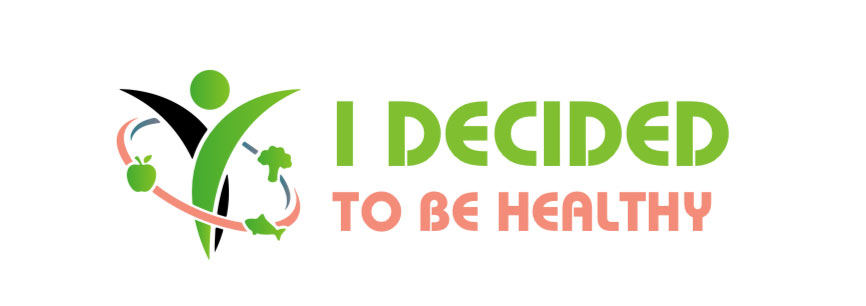The Best Foods for Men’s Heart Health
Heart disease is one of the top health concerns for men, but the good news is that many of the risk factors can be managed with the right diet. Taking care of your heart doesn’t have to mean giving up everything you love to eat. By focusing on heart-healthy, lectin-light foods, you can reduce your risk of heart disease, improve your cholesterol levels, and even lower your blood pressure.
Let’s take a look at the best foods to support men’s heart health and how simple changes in your diet can make a big difference.
1. Fatty Fish: Omega-3 Powerhouse
When it comes to heart health, omega-3 fatty acids are a game-changer. They help reduce inflammation, lower triglycerides, and improve cholesterol levels—all of which support a healthy heart. Fatty fish like wild-caught salmon, mackerel, and sardines are excellent sources of omega-3s.
Why It Works:
- Omega-3s can help reduce the risk of arrhythmias (abnormal heartbeats).
- They also reduce blood pressure and slow the buildup of plaque in arteries.
Pro Tip: Aim to eat fatty fish 2-3 times per week for optimal heart health.
2. Avocados: Healthy Fats That Protect Your Heart
Avocados are packed with monounsaturated fats, which are known to improve cholesterol levels and reduce the risk of heart disease. They’re also rich in potassium, a key nutrient for lowering blood pressure. Adding avocado to your diet can help reduce the bad (LDL) cholesterol while boosting the good (HDL) cholesterol.
How to Include It:
- Spread avocado on toast made from sorghum or millet bread.
- Add slices to salads or alongside grilled meats for a heart-healthy fat boost.
Pro Tip: Pair avocado with a bit of olive oil and lemon juice for extra flavor and heart benefits.
3. Leafy Greens: Packed with Heart-Healthy Nutrients
Dark, leafy greens like spinach, kale, and Swiss chard are excellent for heart health because they’re loaded with vitamins, minerals, and antioxidants. They’re particularly high in vitamin K, which helps prevent the hardening of arteries, and nitrates, which lower blood pressure.
How to Include More Greens:
- Toss them into smoothies, add them to omelets, or sauté them with garlic and olive oil.
- Make a big leafy green salad with avocado, nuts, and a light dressing for lunch.
4. Nuts and Seeds: Small But Mighty Heart Protectors
Nuts and seeds are some of the most heart-friendly snacks you can eat. Almonds, walnuts, and flaxseeds are high in heart-healthy omega-3 fatty acids, fiber, and magnesium. These nutrients work together to reduce inflammation, lower cholesterol, and promote better heart function.
Pro Tip: A handful of nuts or seeds daily is enough to support heart health. You can also add flaxseeds or hemp hearts to smoothies or salads for extra fiber and healthy fats.
5. Olive Oil: The Heart-Healthy Fat You Should Be Cooking With
Olive oil is one of the healthiest fats you can cook with. It’s rich in monounsaturated fats and antioxidants like polyphenols, which help reduce inflammation and protect your blood vessels. Studies have shown that regularly consuming olive oil can lower your risk of heart disease by improving cholesterol levels and reducing blood pressure.
How to Use It:
- Drizzle olive oil over salads, roasted vegetables, or grilled meats.
- Swap out butter or margarine for olive oil in your cooking for a heart-friendly alternative.
Bottom Line: Simple Diet Changes Can Make a Big Difference for Your Heart
Maintaining a heart-healthy diet doesn’t have to be complicated or restrictive. By incorporating more fatty fish, avocados, leafy greens, nuts, seeds, and olive oil into your daily routine, you can significantly reduce your risk of heart disease and improve your overall cardiovascular health. Remember, small changes in your diet can lead to big improvements for your heart.


